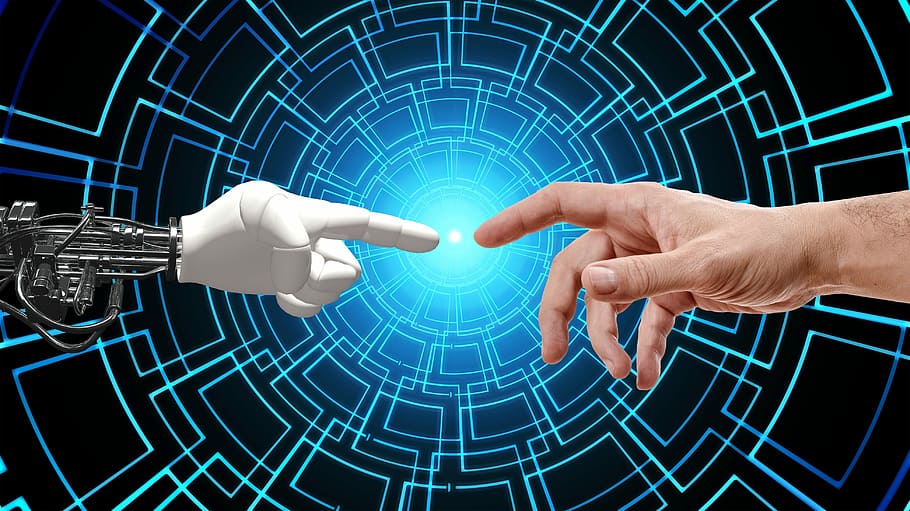
Unbridled optimism and ambitious expectations have fueled the desire for human achievement since the beginning of time. Fantasies of the seemingly impossible have allowed humans to reach heights previously unimaginable. Flight, automobiles, and space travel all would’ve never been possible without a bit of dreaming involved.
Every week there are new advancements in technology and science claiming to change the world. AI seems to be one of the fields always unearthing new promising developments.
The enthusiasm surrounding AI is unsurprising as new technologies have increased automation and improved daily life. Even with frequent new findings—it’s important to keep expectations within reason.
New Findings in AI
Here are some notable AI research projects that were recently published:
- OpenAI GPT-2 was a project created as an AI tool for language response. The premise was that a person could ask the tool a question, and immediately a two-sentence answer would be generated. Although answers were originally reported as unedited, it was later discovered that filtering techniques were applied to improve responses. People believed that fully conversational AI was already a reality; however, the tool lacked full automation. The title “Artificial Intelligence Predicts the Future” was a bit presumptuous as it initially misled readers.
- OpenAI had another project centered around solving a Rubik’s cube using a robotic hand. A publication led readers to believe the AI system had learned the cognitive skills necessary for solving the cube. In reality, sequential algorithms were applied to produce results. Many people thought AI systems had learned distinct problem-solving skills, but machines were simply following algorithmic instruction.
- Another instance occurred in 2015, where an AI publication stated that radiologists would become obsolete within five years due to advancements in AI. The initial statements have been proven to be mostly false. To date, radiologists have not been replaced by new technologies, and some regions are currently experiencing a shortage of qualified job applicants.
Although AI advancements have come a long way in recent years, many people lack the patience needed to see discoveries come to fruition fully.
What’s the Future of AI Look Like?
While excitement and promise can help fuel research and development, it’s important to keep expectations within reason. Recent years have seen promises of fake news detectors and fully driverless vehicles, but these technologies have yet to be fully realized.
AI has seen drastic improvements with new technologies such as Alexa, Google Home, and more. Although AI can enhance the human experience, it’s important to note that technology can never fully replace human capabilities. While AI may not fully drive your vehicle, cook your food, or perform all of your daily tasks, it continues to improve our lives in more ways than one.
How Bitvore is Using AI to Improve Business
In the digital age, deciphering and handling the massive amount of unstructured data about companies, markets, industries and business topics can be a challenge. Bitvore was created to provide unprecedented business insights from unstructured data using advanced AI techniques.
Our groundbreaking solution creates AI-ready data so your team can limit the amount of time spent on manual tasks. For more information on how Bitvore Cellenus drives efficiency with AI to perform predictive analytics, download our latest case study.

